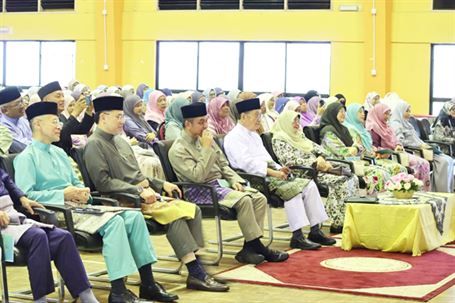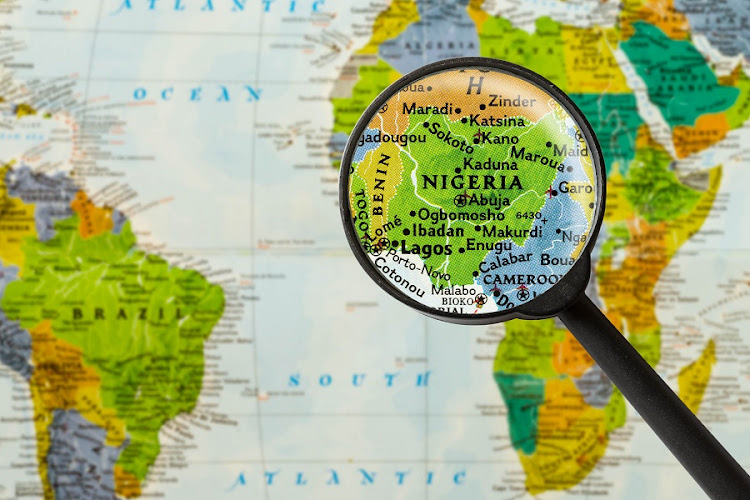Today marks twelve years since the brutal killing of 82-year-old Mohammed Saleem—a tragic milestone that continues to highlight the alarming rise of Islamophobia in the UK.
Mr. Saleem, a beloved grandfather and devout Muslim, was stabbed to death in April 2013 as he walked home from evening prayers at Green Lane Mosque in Birmingham. His attacker, Pavlo Lapshyn, a Ukrainian white supremacist, was later convicted not only for the murder but also for planting explosive devices near mosques across the West Midlands in a chilling campaign of terror.
At the time, his murder was a stark indicator of the growing threat faced by British Muslims. Yet, twelve years on, many believe that the country has failed to learn from this heinous act.
In the years following the tragedy, anti-Muslim hatred has escalated, with far-right rhetoric gaining ground in political discourse, media narratives, and especially on digital platforms. Community leaders argue that this trend has been exacerbated by a lack of meaningful action from successive governments, particularly the absence of strong legislation addressing Islamophobia directly.
READ MORE: Nigerien Army Captures Senior JNIM Commander, Seizes Weapons and Millions in Cash
Instead of being recognized as victims of extremism, Muslims in the UK continue to be unfairly associated with terrorism, fueling a narrative that deepens societal divides. This bias was evident in the initial response to Mr. Saleem’s murder, where authorities hesitated to label the attack as terrorism. That delay allowed Lapshyn to carry out further acts of violence against the Muslim community.
In stark contrast, the murder of soldier Lee Rigby—carried out weeks later by two Muslim men—was swiftly designated a terrorist incident, revealing the clear double standards in how such crimes are perceived and reported.
Massoud Shadjareh, Chair of the Islamic Human Rights Commission (IHRC), commented on the legacy of the Saleem case:
“The climate of hatred has become so entrenched that specific terms like ‘extremism’ are selectively applied to Muslims alone. This toxic environment must be addressed if we are serious about preventing future violence and discrimination against Muslim communities.”
The memory of Mohammed Saleem stands not only as a personal tragedy but also as a symbol of the broader challenges faced by Muslims in the UK. Advocates continue to call for urgent policy changes, stronger protections, and a cultural shift to counter the ongoing surge in Islamophobic incidents.



